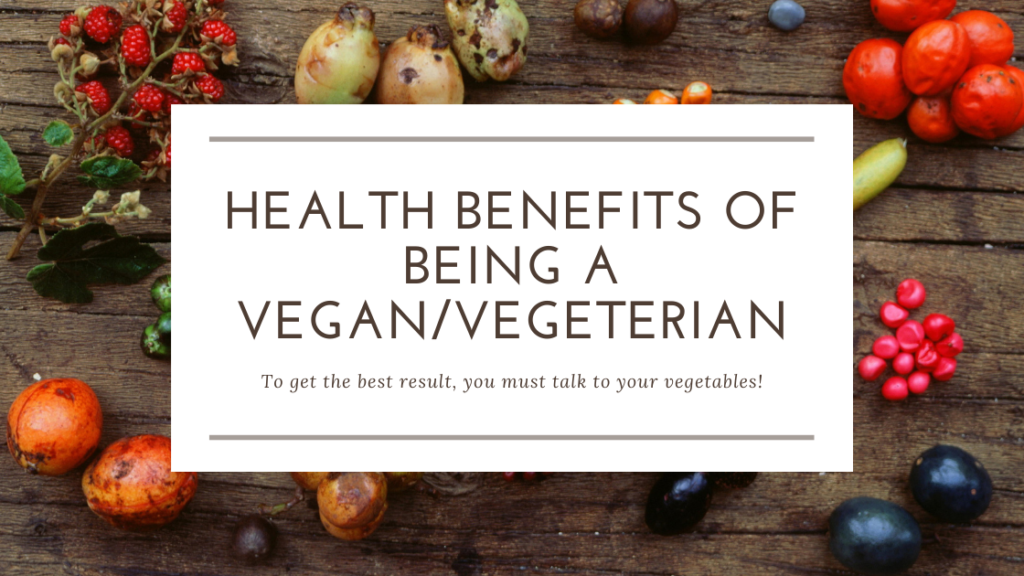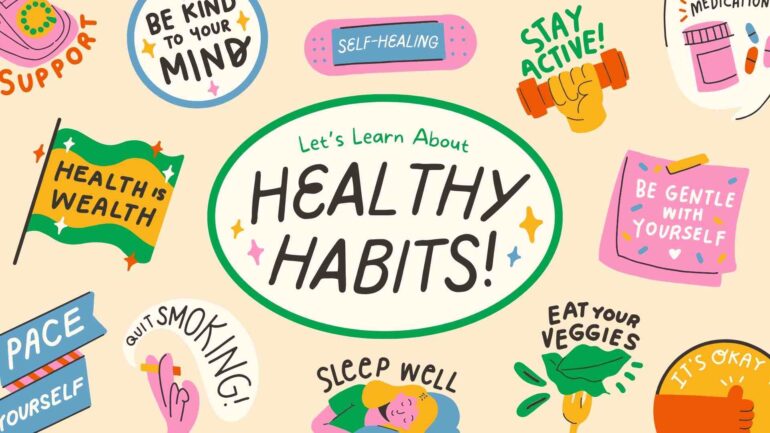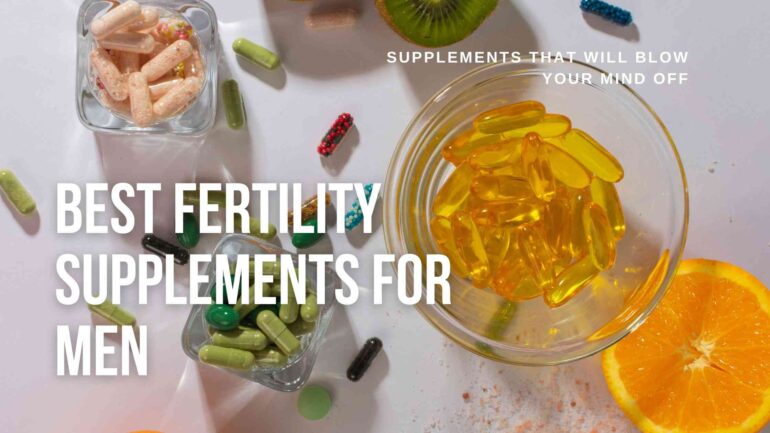Vegans and Vegetarians: The pros and cons
Vegans and vegetarians choose not to eat meat. Strict vegans also extend these principles beyond their diet and will try, where possible, to avoid any product that directly or indirectly involves the human use of animals. These products can include:
Those who call themselves vegans and vegetarians consider meat a no-go area. Some strict vegans extend these principles beyond their diet. They emphatically try to avoid any product that directly or indirectly comes from the human use of animals. Leather goods, wool, and silk are some of the products that strict vegans try to avoid.
There has been a surge in veganism and vegetarianism popularity. People always find these two terms ( veganism and vegetarianism) confusing. This is because there are many forms of vegetarianism.
In this article, we will explore the similarities and differences between veganism and vegetarianism. We will also highlight the health benefits, which diet is more healthful or otherwise, which is better for weight loss, and risks and considerations. We also have a dedicated article where we talked about Paleo and Keto diets, similar diets with the same motive.
What is vegetarianism?
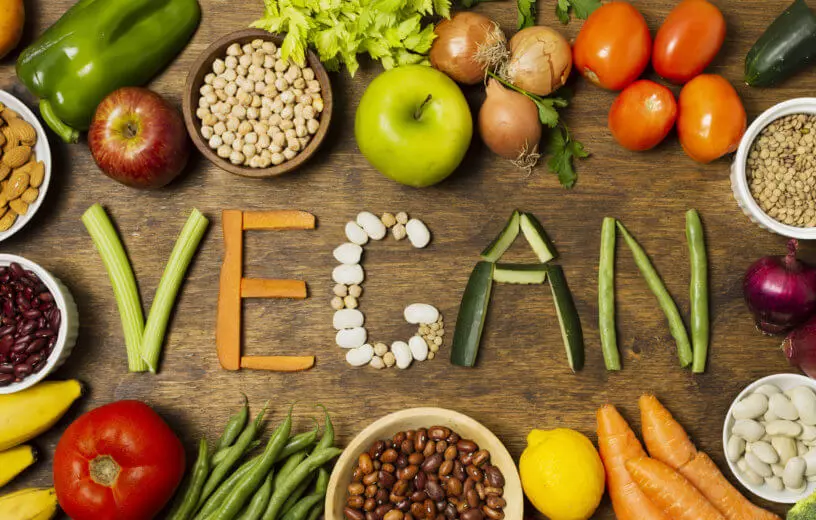
Vegetarians are people who do not eat the products or byproducts of animal that is slaughtered.
Vegetarians do not eat the following:
- meat, such as beef, pork, and game
- poultry, such as chicken, turkey, and duck
- fish and shellfish
- insects
- stock or fats that derive from slaughter of animal
- gelatin, rennet, and other types of animal protein
On the other hand, many vegetarians do eat byproducts that do not involve the slaughter of animals. These include:
- eggs
- dairy products, such as milk, cheese, and yogurt
- honey
Vegetarians mostly eat an array of plant-based food which includes fruits, vegetables, nuts, seeds, legumes, and pulses, as well as “meat substitutes” that come from these food items.
Veganism is an extreme form of vegetarianism. Vegans avoid eating or using any animal products or byproducts. The Vegan Society defines veganism as “a way of living, which seeks to exclude, as far as is possible and practicable, all forms of exploitation of and cruelty to animals for food, clothing, or any other purpose.” Vegans hold the belief that animals have a right to live and be free from human use, be it for food, clothing, science, or entertainment.
Because of this belief, they disassociate themselves from all animal by-products, not minding the conditions in which animals are raised or housed.
Vegans strictly avoid eating any foods or beverages that contain:
- stock or fats that derive from animals
- insects
- honey
- dairy products
- eggs
- fish and shellfish
- poultry
- rennet, gelatin, and other types of animal protein
Now let us delve into the benefits of a plant-based diet. Scientific studies have suggested that vegetarian and vegan diets may offer several health benefits. These benefits are mostly in helping the body fight against diseases. Essential foods that boost the immune system are mostly plant-based.
- Vegetables, nuts, fruits, whole grains, legumes, and seeds are low in saturated fat. They contain heart-healthy fats and are an excellent source of fiber. They provide our bodies with vitamins, minerals, antioxidants, and phytochemicals, which offer protection against diseases and fight outside invaders.
- Recent research on dietary patterns clearly shows that vegan and vegetarian diets are associated with a lower risk of heart disease. We have also noticed that people that follow vegan or vegetarian diet normally have lower blood pressure than non-vegetarians. Some studies have also shown that well-planned vegan and vegetarian diets help people control their blood sugar levels and may reduce inflammation in the body, too.
- Vegans and vegetarians seem to lead a healthier life overall, which explains some but not all, of the lower risk seen in these groups. For instance, it is arguably to find people who follow a vegetarian diet may be more physically active and drink less alcohol.
- A 2019 study also found an association between a healthful plant-based diet and a lower risk of developing chronic kidney disease. A diet centered on plenty of grains and nuts, minimally processed plant foods lower your risk of heart disease and also give your overall wellbeing a needed boost.
- Foods that are high in fiber are known to have slow digestion. This means that elevations in your blood sugar are less likely to occur. Fiber also provides a feeling of fullness. This in turn reduces the overall number of calories eaten and may likely play a silent part in weight loss.
Should I switch to a vegan diet?
What does the Heart Foundation recommend?
There are several ways in which we can eat for a healthy heart and many diets can be heart-healthy – those with small amounts of meat, poultry, eggs, dairy, fish, and seafood, and those without.
Whichever way you want to, we recommend loading up your plate with plant foods like vegetables, fruit, whole grains, legumes, nuts, and seeds and making them the star of your meals and snacks. Most of around 40 years should in fact key into lots of vegetables and fruits by all means.
The key take here is the quality of our overall diet and getting the fundamentals of eating a healthy diet right. Fundamentals of getting a healthy diet evoke a well-balanced diet. Most of us would benefit from eating more plant foods and less processed foods without having to avoid animal products altogether. A ‘flexitarian’ approach may be the most realistic and sustainable way for many of us to a vegetarian lifestyle. A flexitarian seems to flex with all plant-based foods with a little touch on the other side.
A plant-based diet is not automatically healthy. Hot chips, biscuits, and soft drinks can all be vegan/vegetarian foods. But they have saturated fats. Saturated fat in higher quantities, from any source, isn’t good for our health. This is also attributed to salt and sugar. An increasing number of processed plant foods in the name of vegan are making their way onto supermarket shelves from vegetarian hotdogs to vegan sweet treats. Some of these vegan foods may actually contain more salt and sugar than their regular counterpart.
While we gear into the healthy habit of eating more plant-based foods, you don’t necessarily need to live like a monk. All that we may need to do is to eat less processed foods and eat more plant foods every day. It will surely do wonders for our health and reduce the risk of heart disease.
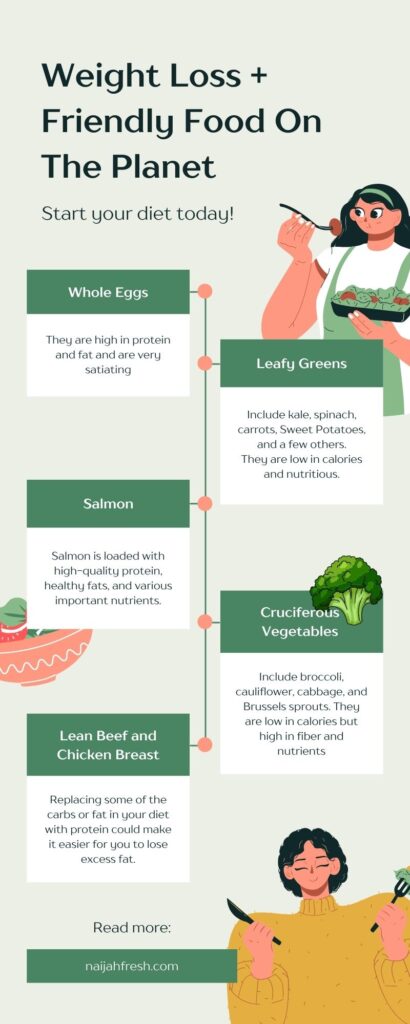
How can I eat more plant-based foods?
A good place to start is to think about an approach that is realistic for you and your family. Consider taking small steps towards getting more plant foods on your plate. Soups, sauce, and vegetables are very rich sources of plant-based diets.
My take
The vast majority of people in this world are meat-eaters. It is in our make-up, in the very core of our being. We occupy the top position in the food chain on this planet. We literally celebrate our consumption of everything that is at our disposal to eat, wear or utilize as we see fit. However, as we age, the diet and lifestyle we follow will have an effect on our general wellbeing, but mother nature still has the final say. Family history of hypertension, cancer, high cholesterol, vision problems, etc. is usually a fair indication of what can be expected as we age regardless of how many cheeseburgers or sharwama we eat. More fruits on your menu table are strongly advised. People aren’t only becoming vegans because it’s to save the animals. Some of us are making the change because of our health concerns.
A vegetarian diet doesn’t have to be more expensive and may even be cheaper! Dried foods such as beans, peas, quinoa, lentils, and rice can be very inexpensive and go a long way. It’s often cheaper to buy in bulk and these foods can be stored for a long time. Look out for special offers, try buying fresh fruit and veg from your local market and have a go at batch cooking and freezing, too. You can get an insight into the smart easy ways to save money while shopping here.

